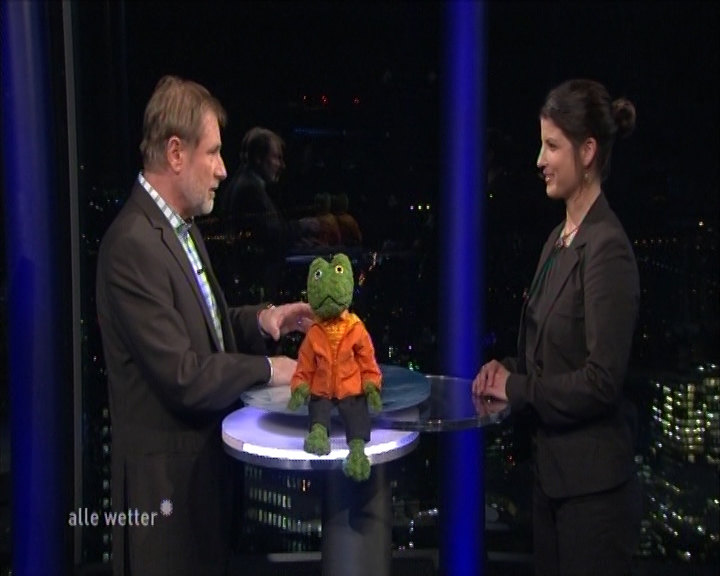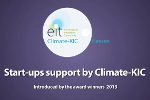MicroAlgae Biorefinery
Challenge Platform: Bio-Economy
Project Start Date: 11/2013
Lead partner: Wageningen University, NL
Project type: Pathfinder – Explores relevant climate arenas to identify and prioritise innovation opportunities
Project lead: Hans Reith, Wageningen University <hans.reith@ wur.nl>
Partners
This project involves 3 partners in 2 European countries:
- Wageningen University, The Netherlands, (Climate-KIC Core Partner)
- Universiteit Utrecht, The Netherlands, (Climate-KIC Core Partner)
- L'Institut national de la recherché agronomique (INRA), France (Climate-KIC Core Partner)
Concept
With the world population constantly growing, chemical, food, feedstock, material and fuel industries are all seeking a sustainable feedstock. MicroAlgae Biorefinery is an innovative and sustainable technology, which makes large-scale production of raw material possible, both for food and non-food purposes. Microalgae do not require arable land for growth so there is no competition with agriculture. Furthermore microalgae can be cultivated using waste water and CO2 as a nutrient source for growth.
The climate change issue
The present climate challenge requires large scale mitigation of CO2 emissions through energy savings, enhanced resource recovery and the production of CO2 neutral, bio-based chemicals and products. Microalgae are among the most promising sustainable feedstocks because of the high productivity per hectare and the range of potential products. Innovation and industry collaboration efforts, however, are needed to develop microalgae bio-refinery into a commercial activity for bulk-products.
The Project Solution
Microalgae present suitable raw material, not only for food and feed, but also for the production of valuable chemicals and materials to substitute for petro-chemicals. Potential products include oils, proteins, chemicals, bio-plastics and renewable fuels such as biogas for transportation and electricity generation. At the same time, algae systems are capable of CO2 fixation on a large scale and energy savings, in particular combined with waste water treatment.
The objective of the MicroAlgae Biofinery project is to identify the technological `state of the art´with respect to algae cultivation and processing for chemical and material production through a bio-refinery approach. Bio-refinery accounts for the coproduction of multiple products. This involves a selective isolation of major fractions of the algae biomass (proteins, carbohydrates and lipids), after which they can be further converted into industrial products.
The project further aims to develop a business model and to identify suitable commercial partners, based on a thorough market-analysis. As a follow-up, a demonstration project is being developed, aimed at algae cultivation and bio-refinery combined with municipal waste water treatment and bio-gas production. A large- scale implementation of MicroAlgae Biorefinery might in the future bring about a considerable reduction of CO2 emissions, better use of water and nutrients, as well as considerable energy savings.
The role of Climate-KIC
“Working with Climate-KIC, with its focus on innovation-driven solutions to the climate change challenge, was an inspiration for our project. Also, the Climate-KIC team has provided us with valuable feedback, advice and support.
Last but not least, the Climate-KIC network helped us find highly skilled and motivated partners for a follow- up, resulting in an interesting mix of project participants, both from the industry and the academic world.”
Hans Reith, Wageningen University



